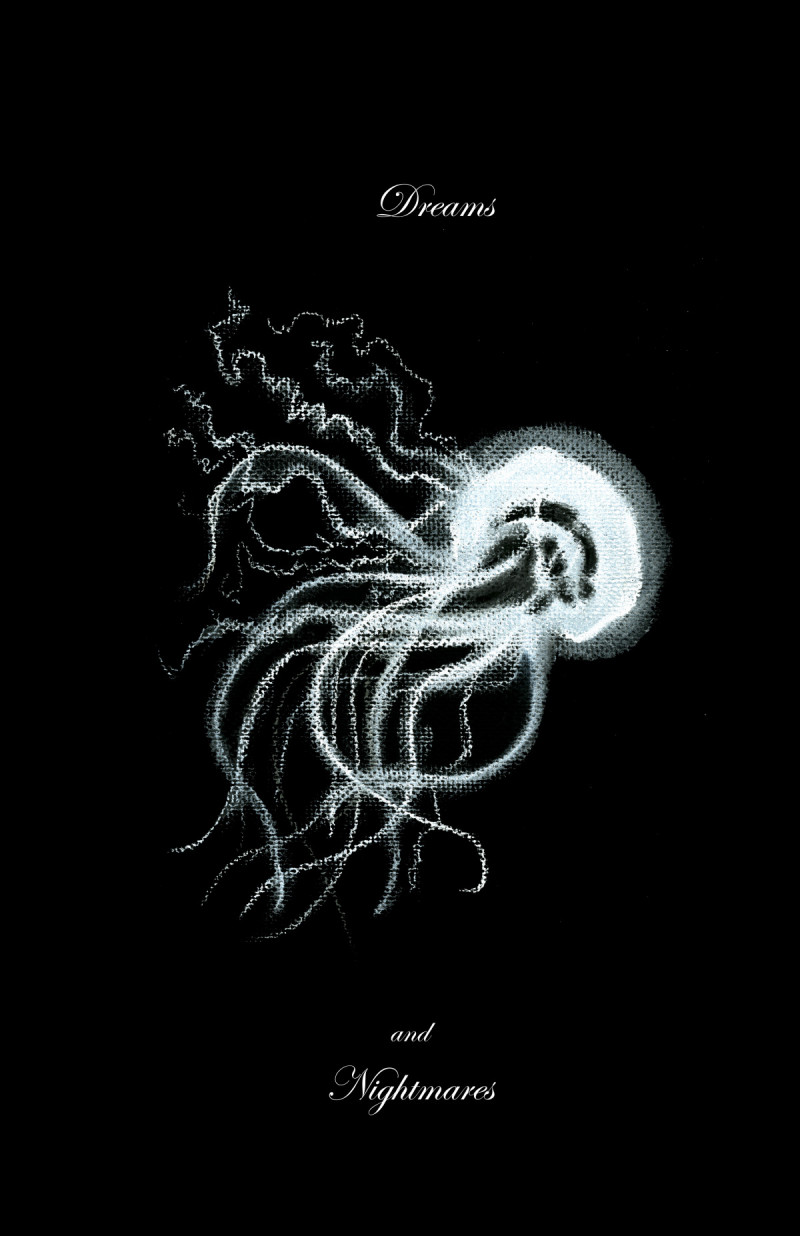

Reports of nightmares among citizens also rose during national lockdowns, with young people, women and people suffering with anxiety or depression the highest risk. Of 114 doctors and 414 nurses working in the Chinese city of Wuhan, who all took part in one study published in January 2021, more than a quarter reported having frequent nightmares. Concerns about lockdowns, loved ones and personal health were suddenly jumbled up with other mundane thoughts, leaving some waking up in confusion.įor people on the frontline, the dreams became nightmares. The effect seems to have been most pronounced in those particularly affected by the virus and in countries with strict lockdown measures. The Solid confidence program was launched by the program will either help you become more confident or give you your money back.At the height of the pandemic, a strange phenomenon occurred – people started having weird dreams. If you think that this is some kind of marketing hype then see what other visitors say about 2knowmyself. (see How to have good dreams)Ģknowmysef is not a complicated medical website nor a boring online encyclopedia but rather a place where you will find simple, to the point and effective information that is backed by psychology and presented in a simple way that you can understand and apply. This can lead us to conclude that solving your problems in real life would prevent nightmares from visiting you. So again this shows that nightmares are in most cases the representation of bad events that already happened in your life decoded into a format that is understood by the subconscious mind. One of the theories of dreams psychology states that dreams (including nightmares) are the result of the work of the subconscious mind when it stores the events that happened at a certain day in its long term memory. Once you understand the psychology of the nightmare and the real life event it refers to you must then work on dealing with this real life event so that you prevent the nightmare from visiting you again.

You need to interpret these signals correctly in order to understand the message your subconscious mind has decoded into a nightmare. Nightmares are just signals representing the disturbance that is taking place in your mind as a result of some stressful life events you are going through. (see What dreams really are) What to do when you get nightmares and bad dreams Trying to interpret nightmares and bad dreams using online dictionaries that have fixed symbols will certainly lead to incorrect interpretation because according to psychology symbols can have different meanings depending on the person who saw them. Or maybe the person is afraid to lose his status and thus this nightmare is nothing more than a reflection of his fears.Īccording to psychology you can understand a nightmare easily if you related its symbols to the recent events that are taking place in your life. Maybe that person did lots of bad things and felt guilty thus unconsciously believed that he had fallen then saw that dream as a result of his new belief. For a normal person that might seem like a frightening nightmare but for a person who knows about psychology it wont be hard for him to conclude that falling in the dream was just a symbol that represents his belief about falling somehow in his real life. Lets suppose that you saw yourself falling off a cliff and dying. The psychology of nightmares and bad dreams

In this article i will explain the psychology of bad dreams and tell you why do we have nightmares. Nightmares and bad dreams are no different as they are usually the reflection of your thoughts about the stressful life situations you are going through. Most people interpret dreams incorrectly because of believing that they represent the future without knowing that 99 percent of dreams represent a reflection of events that had already occurred. Why do we have nightmares? and what is the psychology of bad dreams?ĭo nightmares and bad dreams have superstitious meanings or are they just reflections of disturbances taking place in the person's psychology?


 0 kommentar(er)
0 kommentar(er)
